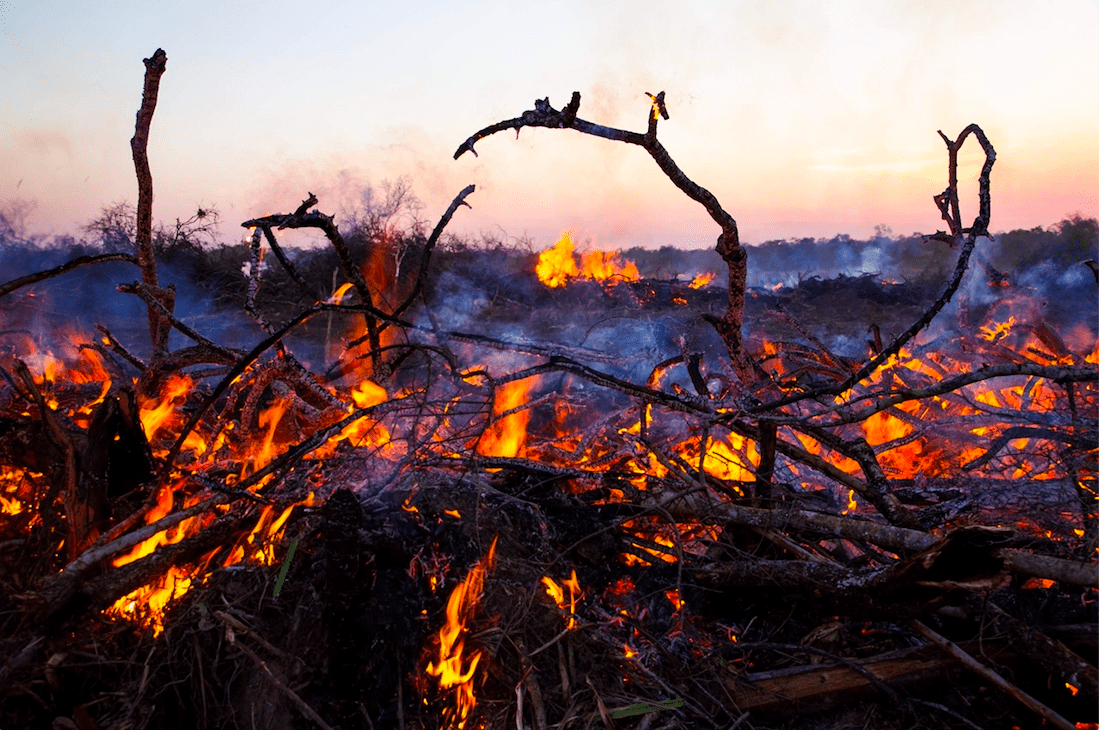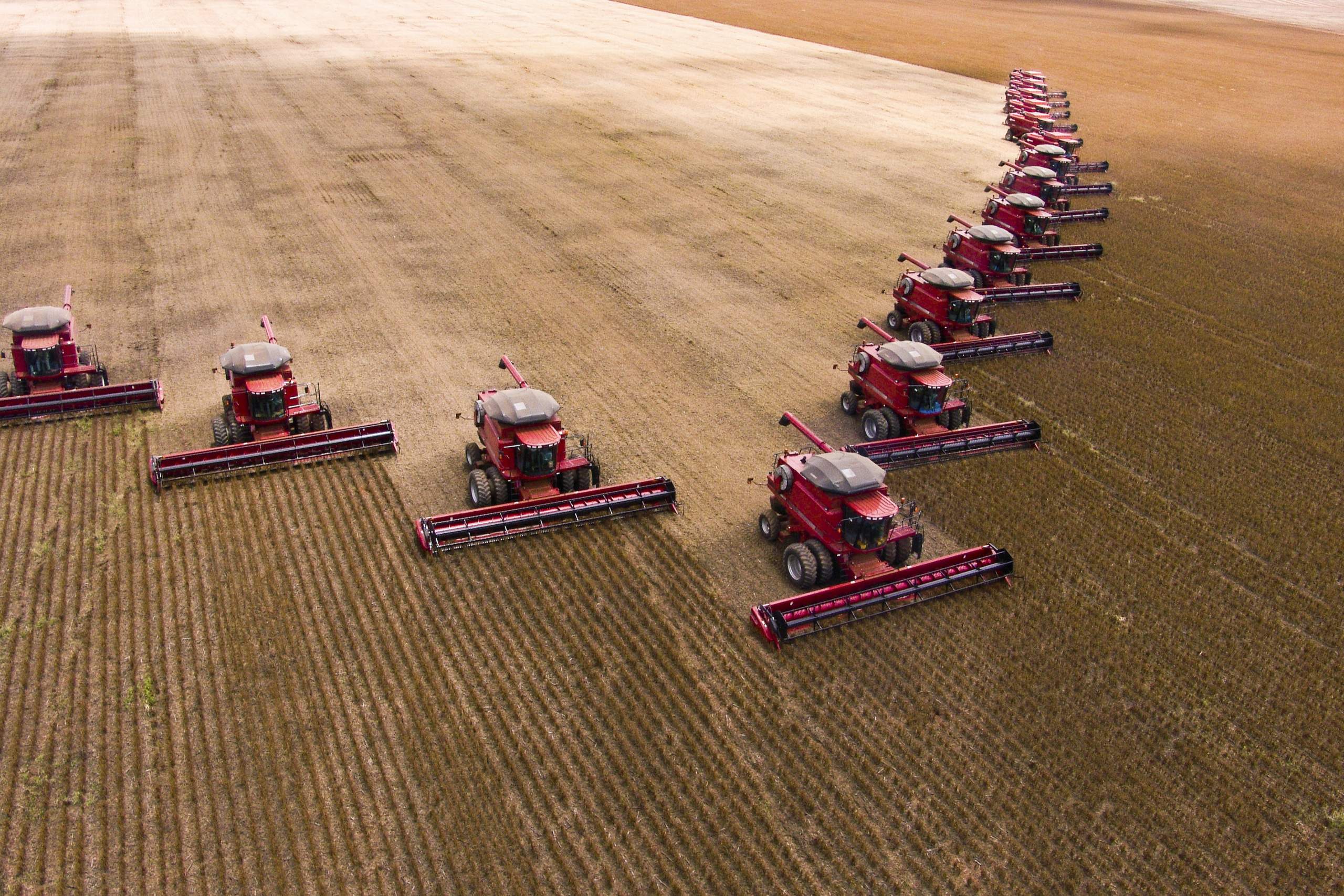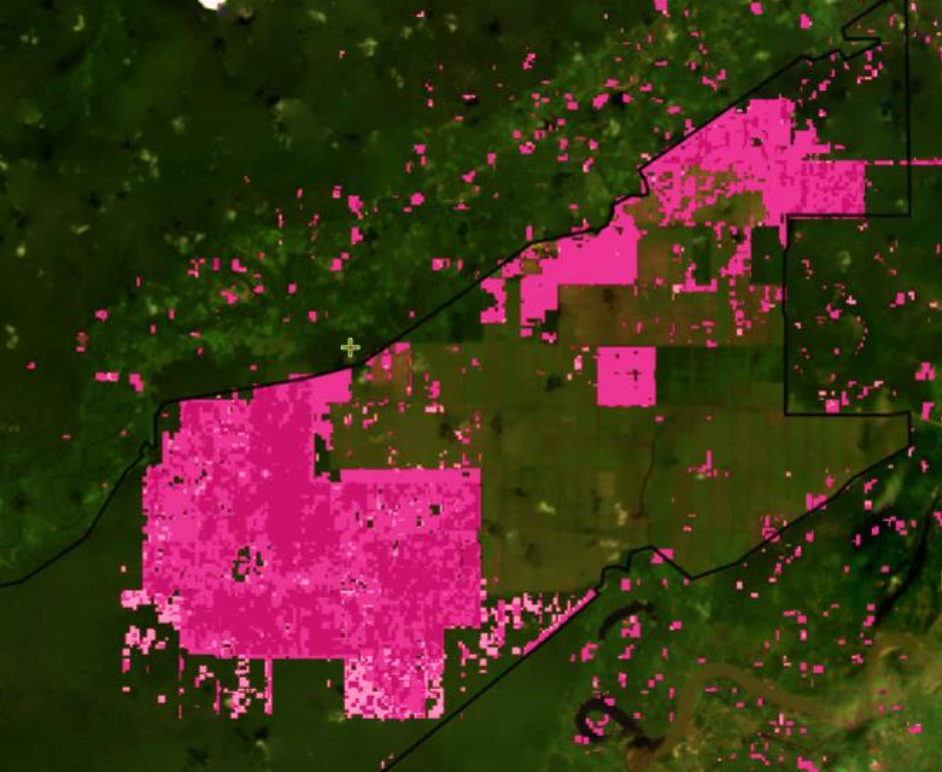
On World Rainforest Day, Global Brands Must Honor Commitment to End Deforestation by 2020
Global coalition of environmental and human rights groups calls on Consumer Goods Forum to back sustainability promises with clear actions to protect forests, the climate, and human rights
WASHINGTON, DC – Today, on World Rainforest Day, environmental and human rights advocates called on global brands to honor their commitment to end deforestation before a self-imposed deadline expires this year.
In a newly released letter sent to the Consumer Goods Forum, a CEO-level organization that brings together over 400 global retailers and manufacturers, a large and growing coalition of more than 75 environmental and human rights groups reiterated their 2019 call for CGF members to “take ambitious and immediate action to eliminate and remedy deforestation, peatland destruction, and human rights violations throughout their supply chains and support necessary legal and policy reforms.” In addition to climate and environmental concerns, the groups are also concerned that noxious haze from burning forests will further exacerbate the public health consequences of the COVID-19 pandemic.
“Last September, our organizations wrote to demand evidence that the CGF and its member companies are prepared to take real action to eliminate and remedy deforestation and human rights abuses in their supply chains,” the letter reads. “Since then, fires, deforestation, and human rights abuses have gotten worse—destroying irreplaceable ecosystems and threatening communities across Latin America, Africa, and Southeast Asia. Yet, CGF and its member companies have done little to leverage their market and supply chain influence for tangible change. Most egregiously, the CGF and its member companies have largely continued sourcing from the same suppliers responsible for deforestation and human rights abuses without repercussion or accountability—providing market access, contracts, and funds to the perpetrators of these continued violations.”
In 2009, CGF members pledged to end deforestation and human rights abuses in their supply chains by 2020, emphasizing the need for action in high risk commodities like soy, cattle, palm oil, and pulp and paper. Five years later, at the 2014 Climate Summit in New York, 60 additional companies joined in this pledge as a part of the New York Declaration on Forests. But deforestation increased last year- a disturbing trend highlighted by headline-grabbing fires in the Amazon- and early reports indicate that this year’s fire season will be even worse. Brazil just recorded its fourteenth-straight month of increased deforestation.
Ongoing and increasing deforestation poses risks to wildlife and ecosystems, exacerbates climate change, and may have disastrous public health consequences during the global COVID-19 pandemic. “The noxious haze from burning forests hospitalizes and kills hundreds of thousands of people due to respiratory illness under normal circumstances—a situation poised to be a public health catastrophe given COVID-19,” the letter notes. “These fires are preventable, and those companies that continue to provide funding and contracts to those responsible for the fires will be held publicly accountable for this unfurling environmental and human rights crisis.”
The original letter, which the CGF never responded to, asks the CGF to:
- Reduce consumption of high-risk commodities
- Communicate a mandatory requirement for CGF members’ suppliers to halt conversion of tropical rainforests for agricultural commodities
- Ensure recognition and respect for local communities’ customary land rights and compliance with international standards of Free, Prior, and Informed Consent (FPIC) in commodity supply chains
- Accelerate the enforcement of a moratorium on clearance of High Conservation Value (HCV) areas, High Carbon Stock (HCS) forests, and peatlands
- Publish guidelines to address non-compliance in supply chains, including thresholds to determine the status of sourcing and suspension or termination of non-compliant suppliers, as well as formal grievance redress processes for human rights, land conflict, and labor violations
- Adopt human rights and grievance redress policies protecting human rights defenders from violence and intimidation, including pledging zero tolerance for murder and violence against defenders
- Update business practices to actively provide incentives and support to upstream suppliers to enable and ensure compliance
- Publish annual reports detailing the progress of CGF member companies.
- Support legislative and regulatory measures in demand-side markets to address deforestation linked to the international trade in agricultural commodities
- Support and fund the necessary transition toward ecological and just food systems and large-scale forest conservation and restoration


